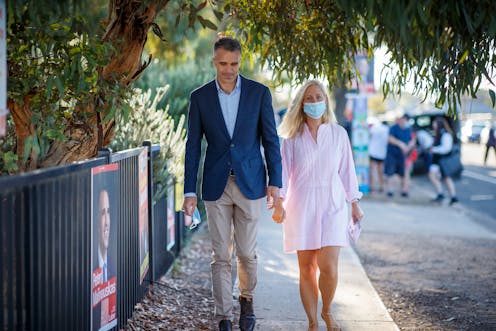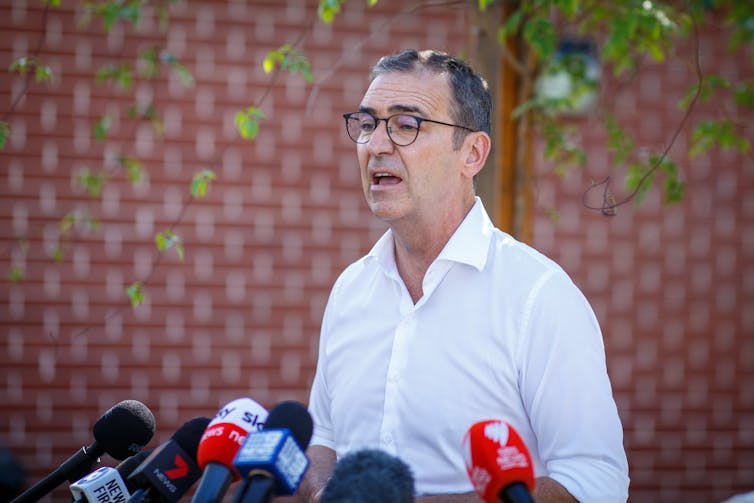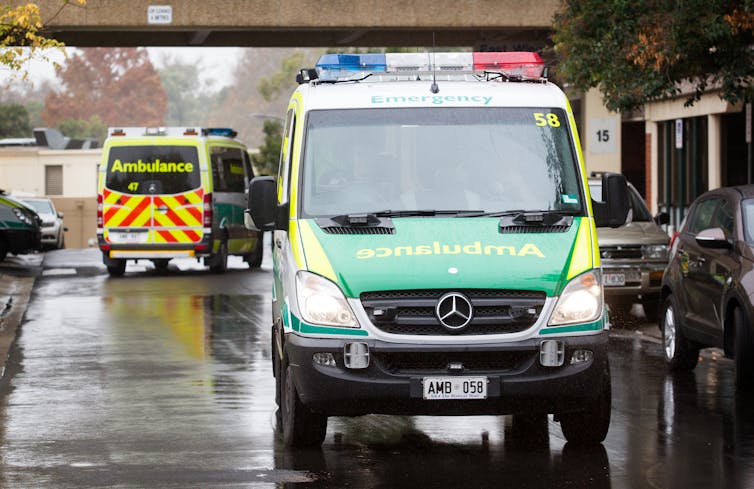
In the end, the results came in much more quickly than expected. Due to COVID and the general trend to postal voting, the results of the South Australian state election were not anticipated until at least the middle of next week.
But about an hour and half after polls had closed, the results indicated a brutal loss for Steven Marshall’s one-term Liberal government.
This was expected to be a very tight election – most likely resulting in a hung parliament, with either side reliant on key independents. This, after all, has been a common pattern in South Australia.
Going into the election, the picture was delicately balanced. Marshall’s Liberals held 20 seats in the 47-seat chamber, while Peter Malinauskas’ Labor Party held 19 seats, with six independents on the cross-bench.
The Marshall minority government was propped up by a number of those independents, including former Liberal and current Speaker of the House Dan Cregan in the seat of Kavel.
However, the final polls and betting odds were indicating that a change of government was possible, perhaps even by a solid margin. By the end of Saturday evening, the extent of the loss was clear: Labor had already secured enough support to win 25 seats, with 24 needed to form a majority government.
According to the ABC, there are still nine seats in doubt. In what would be a truly remarkable outcome, Labor is predicted to finish with 28 seats, the Liberals reduced to 14, with a cross-bench of five.
Leer más: Labor easily wins South Australian election, but upper house could be a poor result
Two key factors shaped the election result. First, as ABC election analyst Antony Green put it, Nick Xenophon has had “more impact on this election than the last one”. In 2018, a resurgent SA Best, led by Xenophon, had secured strong support in key seats, with 15-20% of the vote in many marginals. What happened in South Australia this year is that a much higher proportion of those voters decided to support the Malinauskas challenge, showing a loss of faith in Marshall’s government.

Second, the Liberals lost ground in those key suburban seats, especially those surrounding Adelaide. The key target marginal seats, including the ultra-marginal Newland, King and Elder, and Adelaide itself, all fell quickly to Labor.
This pattern reflects a familiar structural problem for the Liberals in South Australia, where its support base has disproportionately been in rural and regional areas. However, the swing to Labor was enough this time to see them take Davenport, and potentially Gibson, which had previously been held by Liberals by relatively strong margins.
What went wrong for Marshall?
In his moving poem, The Mistake, the poet James Fenton reflects upon the agonies of hindsight. Given the surprising scale of Labor’s win, we should caution against simplistic judgements about the result. But there are a range of factors that seemingly shaped the removal of Marshall’s government.
First, the Marshall campaign lack bite. The general theme focused on a strong economy, but it lacked any memorable pledges on economic and fiscal policy.
In 2018, Marshall had a set of policies around land tax, payroll tax, shopping hours deregulation, and reducing the cost of living through reductions in taxes such as the emergency services levy. It didn’t help that Marshall couldn’t deliver on some of these pledges.
This time around, the Liberals’ spending promises were modest, and its overall macro-economic strategy was less clear.
In contrast, Labor tapped into a public appetite for more significant infrastructure spending, crucially in the realm of health. The issue of hospital ramping has bedevilled South Australia for a long time, and it was an ongoing pressure point for the Liberals. Labor was cannily able to use the issue to build its campaign around new public funding in this area.

The politics of COVID was also a likely factor. This was the first time an incumbent government had been ejected in an election since the pandemic. Yet, what’s clear is voters are comfortable with ambitious spending policy agendas – and new forms of stimulus. COVID has changed electoral dynamics, and Marshall’s government paid a price for a reasonably well-handled approach to the pandemic.
Implications for the federal election
Will the South Australia result impact the imminent federal election? Only indirectly. Australians tend to treat state and federal elections separately, and distinctive local and national factors shape the results of each.
Leer más: As South Australians head to the polls, Labor is favourite but there are many unknowns
However, indirectly, the failure of the Marshall government is really a story about the fragmentation of the right in Australian politics. The absence of a strong Nationals presence in the state arguably throws out of balance the ideological differences within the Liberal party.
The fraying of the Liberals, and the inability of Marshall to keep factional balances and in-fighting in check, reflects a more general national trend for independents to challenge in “non-Labor” seats.
Given the Marshall government delivered successful and progressive social reforms, not least the decriminalisation of abortion and introducing euthanasia legislation, it ironically reflects the structural failure of moderate liberalism in the country.
Prime Minister Scott Morrison, a far more conservative-minded leader, and an electoral drag in South Australia, faces a sterner challenge in reconciling this fragmented politics.
Near the end of his poem, Fenton intones the protagonist to “lay claim to this mistake”. Given the outgoing premier’s upbeat assessment of his single term of office, it might take a new generation to learn the lessons from this devastating loss.
Rob Manwaring no recibe salario, ni ejerce labores de consultoría, ni posee acciones, ni recibe financiación de ninguna compañía u organización que pueda obtener beneficio de este artículo, y ha declarado carecer de vínculos relevantes más allá del cargo académico citado.
This article was originally published on The Conversation. Read the original article.







